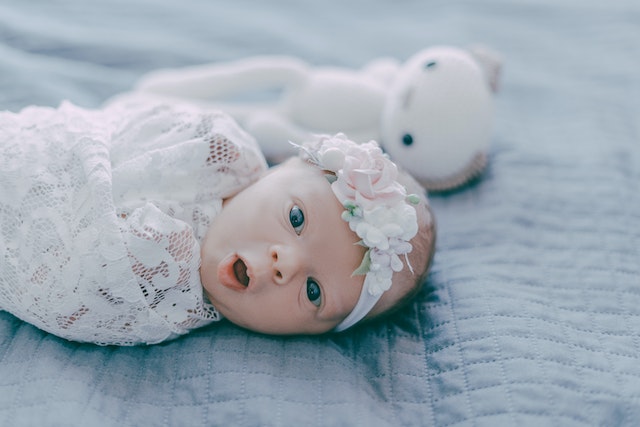Introduction:
As a parent, it’s important to set realistic expectations for your child’s development.
While every child is unique and grows at their own pace, it’s crucial to understand the limitations of a two-year-old.
In this article, we will explore ten things you shouldn’t expect from your two-year-old, highlighting the things small kids can’t do at this age.
By adjusting your expectations, you can better support your child’s growth and development.
Verbal Communication Beyond Basic Words:
At the age of two, children are still developing their language skills.
While they may be able to say a few words or short phrases, expecting them to engage in complex conversations or fully articulate their thoughts is unrealistic.
Communication at this age is primarily through gestures, simple words, and expressions.
Following Complex Instructions:
Two-year-olds are still in the early stages of learning how to follow instructions.
They may struggle with multi-step tasks or complex commands.
It’s important to provide clear and concise instructions while keeping them age-appropriate to foster their understanding and cooperation.
Complete Independence in Self-Care:
While your two-year-old may be making progress in self-care skills, such as feeding themselves or attempting to dress independently, they still require considerable assistance.
Don’t expect them to perform these tasks flawlessly or without any guidance. Offer support and encourage their efforts as they learn.
Extended Attention Span:
Young children have shorter attention spans and find it challenging to focus on a single activity for an extended period.
It’s normal for a two-year-old to have a short attention span, so don’t expect them to sit still for long periods or engage in activities that require prolonged concentration.
Sharing and Taking Turns Effortlessly:
Sharing and taking turns are important social skills that take time to develop.
Two-year-olds are still learning about ownership and possessiveness, making it difficult for them to understand the concept of sharing.
Encourage sharing and taking turns, but be patient as they gradually grasp these concepts.
Advanced Problem-Solving Abilities:
While your child’s problem-solving skills are developing, they are still in the early stages of understanding cause-and-effect relationships.
Two-year-olds may struggle to solve complex problems or respond to unexpected situations.
Instead, focus on providing simple problem-solving opportunities that match their developmental stage.
Independent Toileting:
Toilet training is a significant milestone, but it takes time and patience.
Expecting a two-year-old to be fully independent in toileting is unrealistic.
While they may show signs of readiness, accidents are still common at this age.
Encourage and support their progress, but avoid placing undue pressure on them.
Long-Distance Walking:
While your two-year-old may be gaining confidence in walking, they may tire quickly when it comes to longer distances.
Don’t expect them to walk long distances without assistance or complain when they express fatigue.
Remember to provide rest breaks and consider using a stroller or carrier when needed.
Grasping Complex Concepts:
Abstract or complex concepts may be challenging for a two-year-old to comprehend fully.
Avoid expecting them to understand concepts like time, money, or abstract reasoning.
Focus on introducing simple ideas and building a foundation for future learning.
Expressing Full Emotional Control:
Emotional regulation is a skill that develops gradually.
Two-year-olds are still learning to identify and manage their emotions effectively.
Tantrums and emotional outbursts are common at this age.
Provide emotional support and help them learn healthy ways to express their feelings.
Conclusion:
Understanding what to expect from your two-year-old is crucial for fostering a positive and supportive environment for their growth.
By setting realistic expectations, you can celebrate their accomplishments while allowing them the time and space to develop at their own pace.
Remember, every child is unique, and comparing them to others may lead to unnecessary stress.
Embrace the journey of parenting and cherish each moment as your child continues to grow and learn.
![]()







